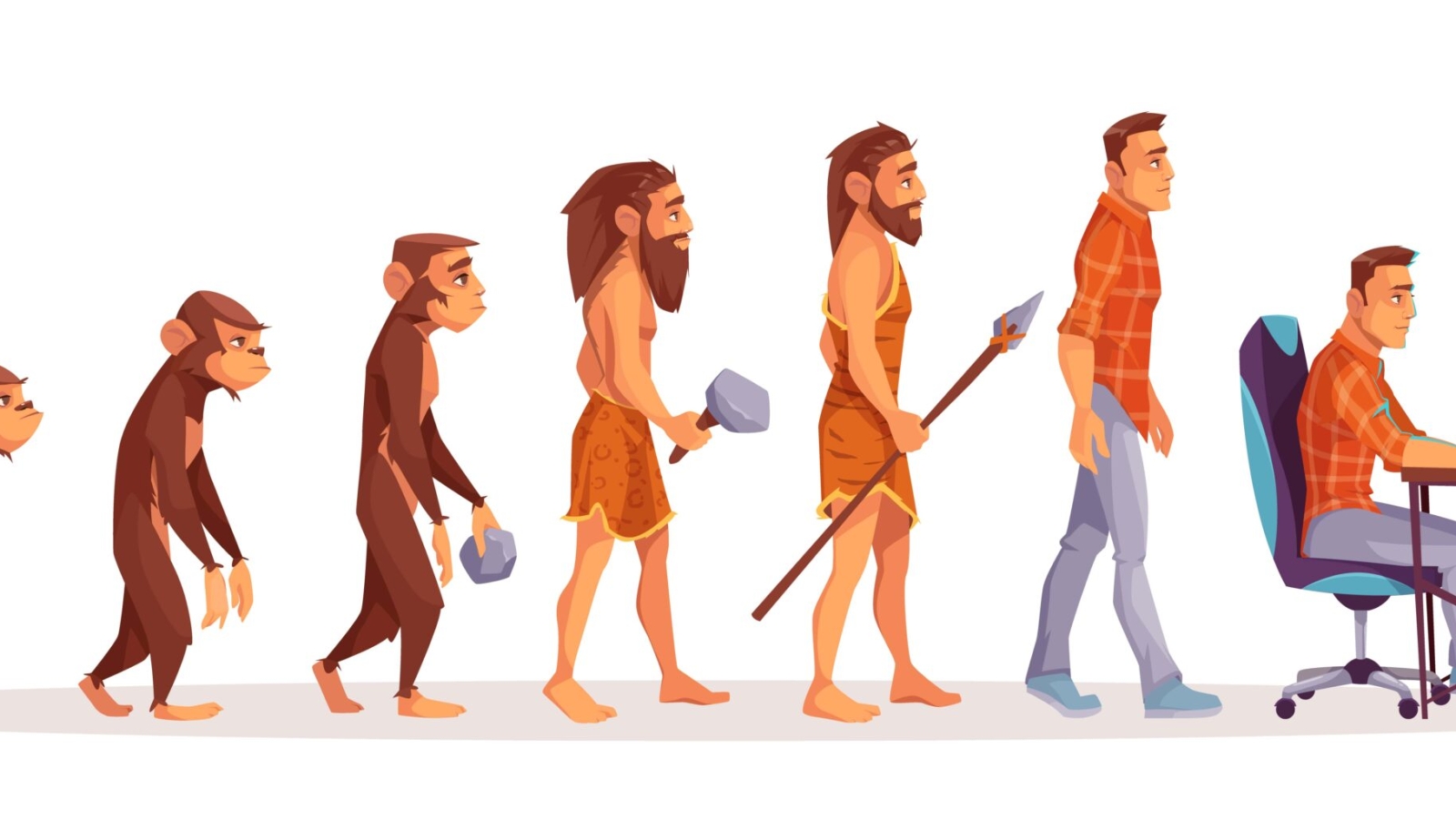STRANDOMS: the stray and random thoughts
June 28, 2018
Prof. S. Ramkumar
Life, Lifestyle
THE GLOW OF GOODNESS
Life is run by the never ending strands of Goodness, much of which we are not aware of as we enjoy and sail through them ; some of which we are made aware when it glows occasionally making them visible. These “glows” apparently ensures humanity - the hope and happiness of spreading it further. This is an excerpt from a situation of a surgery focusing on the surgeon and the Glow of Goodness. Ultimately, we all thrive on this energy of Goodness - of some known and many unknown.
As my daughter (who is a human(e) doctor by default and nature, and a film story/script writer by passion) coerced me into the much postponed surgery for me, I was learning the “unknown’s indices” and uncertainties of life as a patient. The best thing she did was to identify the surgeon whom she had great regards for. From the first meeting in which the surgeon unambiguously informed after a check up that I needed to undergo an intervention operation and set the target days between as 7 to 10. I haven’t been able to study me as a patient- but I am considered as a worrisome one in that role.

In a time in which we have many doctors and surgeons (especially in urban areas), and options of corporate hospitals to primary health centers, I was impressed by the professional approach of this surgeon- who was more than willing to tolerate my every doubt (which never ended!). I could feel he could have been none other than a surgeon. Professional, simple, straight, energetic, limited but precise and clear in this thoughts and words and above all confidence in what he was doing.
There was sequence of events- pre and post operation- which included regular caring visits every day, listening and reassuring, holding on to my hand in the Operation theatre just before the procedure and assuring that “just relax sir, we will take care of you” and similar mind relaxing gestures which helped me to face the test of time. With a surgeon like him around, I felt comfortably positioned as somebody who is genuinely cared for.
To cut short memories and to the theme of the topic.
As he said after a week after the operation that I can leave, the Hospital did not agree to take the fees from me. My wife who was with me through all nights was surprised. The management said that the Surgeon has made it clear that he was doing the surgery “free” for me. When he himself is not collecting his genuine fee the Management felt that they should not get anything from me (especially so since my daughter worked there for an year and a half and was liked so much there). I was firm that it wasn’t fair. It wasn’t after all just the bill that needed to be paid with “money” but the care, compassion and concern of many others that needed to be acknowledged by me.
I decided to ask the Surgeon on the day of discharge while he gave instructions to me on post operative care , “Doctor, why don’t you please accept the surgeon’s fee, for all the efforts you have been taking?. Before I could complete, he interrupted “No, sir, the top-up you have give me and family has still more space to be charged”. It didn’t click me. As I tried convincing , he stopped me with a smile “still charge is remaining- hope you understand!”
My daughter reminded me of the incident that happened two years back. Her senior colleague – an efficient and respected lady gynaecologist needed a help. Two injured young stray dogs were hurt and abandoned at the gate of their home and were suffering. Their cries were upsetting not only her but also her young daughters. She in some place felt responsible for it and helpless at the same time. They were finding difficulty in identifying somebody who could save, treat and take these dogs away to a secure place. Her concern was genuine. They were constantly disturbed by the painful cries and grumblings of these poor creatures. After talking to her I understood her concern and worry for the animals (and that made me realize how compassionate and good they were!). I tried all official mechanisms to take the animals away from their home for treatment but it was difficult (which I knew!). Finally, I asked one of my students, a good veterinarian, who is a Faculty now for help and he whole heartedly obliged. With much efforts he through an NGO did took the dogs away and treated them.
I had forgotten this incident.
The Surgeon again repeated “ The two nights of disturbed sleep and worry for the dogs are unexplainable. You went out of the way to help us”. The lady gynecologist was his wife. He continued “what I am doing is my duty of sharing knowledge of medicine and surgery”.
I was too awestruck to respond.
It wasn’t the money, but the Glow of Goodness that comes out of the blue that surprises us and spreads a sweet joy of life.
It’s amazing how we could be carriers of this glow, every moment of our life. And how my student, the lady gynecologist, the surgeon- Dr. P.V.Srinivasan, the sisters of Cluny and my daughter could form a loop of this glow that gave this insight to me!

















